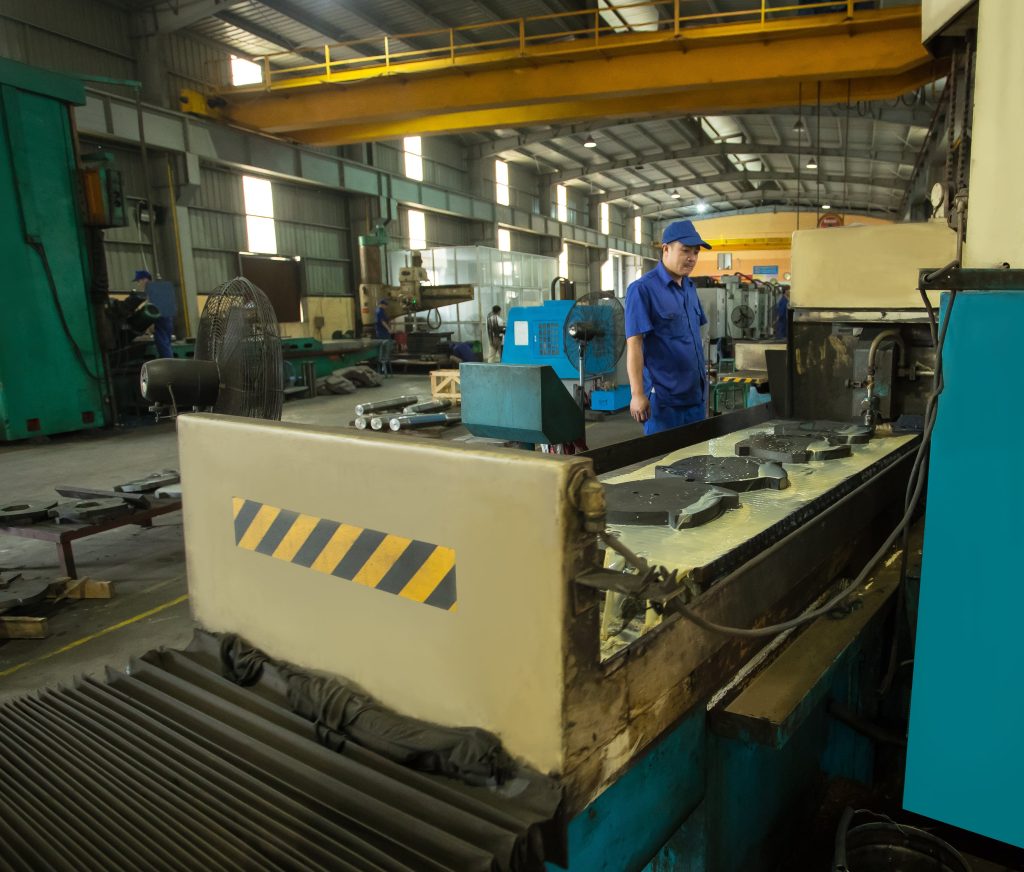In today’s fast-paced industrial landscape, precision engineering has become a cornerstone of modern manufacturing. It refers to the meticulous design and production of components with extremely tight tolerances and high accuracy. This discipline plays a vital role in industries where even the smallest deviation can lead to significant performance issues, such as aerospace, medical devices, automotive, and electronics.
Understanding Precision Engineering
Precision engineering involves the use of advanced tools, techniques, and technologies to manufacture parts that meet exact specifications. This includes computer numerical control (CNC) machining, laser cutting, and coordinate measuring machines (CMMs), among others. The goal is to achieve consistent quality, reduce variability, and ensure that every component fits perfectly within a larger system.
Why Precision Engineering is Important

The importance of precision engineering in manufacturing cannot be overstated. Here’s why:
- Enhanced Product Quality: Precision ensures that each part functions as intended, reducing the risk of defects and failures.
- Cost Efficiency: By minimizing waste and rework, manufacturers can save on materials and labor.
- Innovation Enablement: High-precision components are essential for developing cutting-edge technologies, from microchips to surgical instruments.
- Global Competitiveness: Companies that invest in precision engineering can offer superior products, giving them a competitive edge in the global market.
In sectors where safety and reliability are paramount, such as aerospace or healthcare, precision engineering is not just beneficial—it’s essential.
The Role of Outsourcing in Precision Manufacturing
As the demand for high-precision components grows, many companies are turning to outsourcing manufacturing to meet their needs. Outsourcing allows businesses to leverage the expertise and advanced equipment of specialized manufacturers without the high upfront investment. This approach is particularly advantageous for startups and small to medium enterprises (SMEs) looking to scale efficiently.
By partnering with precision engineering firms, companies can ensure consistent quality, faster turnaround times, and access to the latest manufacturing innovations.
Conclusion
Precision engineering is revolutionizing the way products are designed and manufactured. It ensures that components meet exact specifications, leading to better performance, reliability, and customer satisfaction. Whether through in-house capabilities or outsourcing manufacturing, embracing precision engineering is a strategic move for any business aiming to thrive in today’s competitive industrial environment.